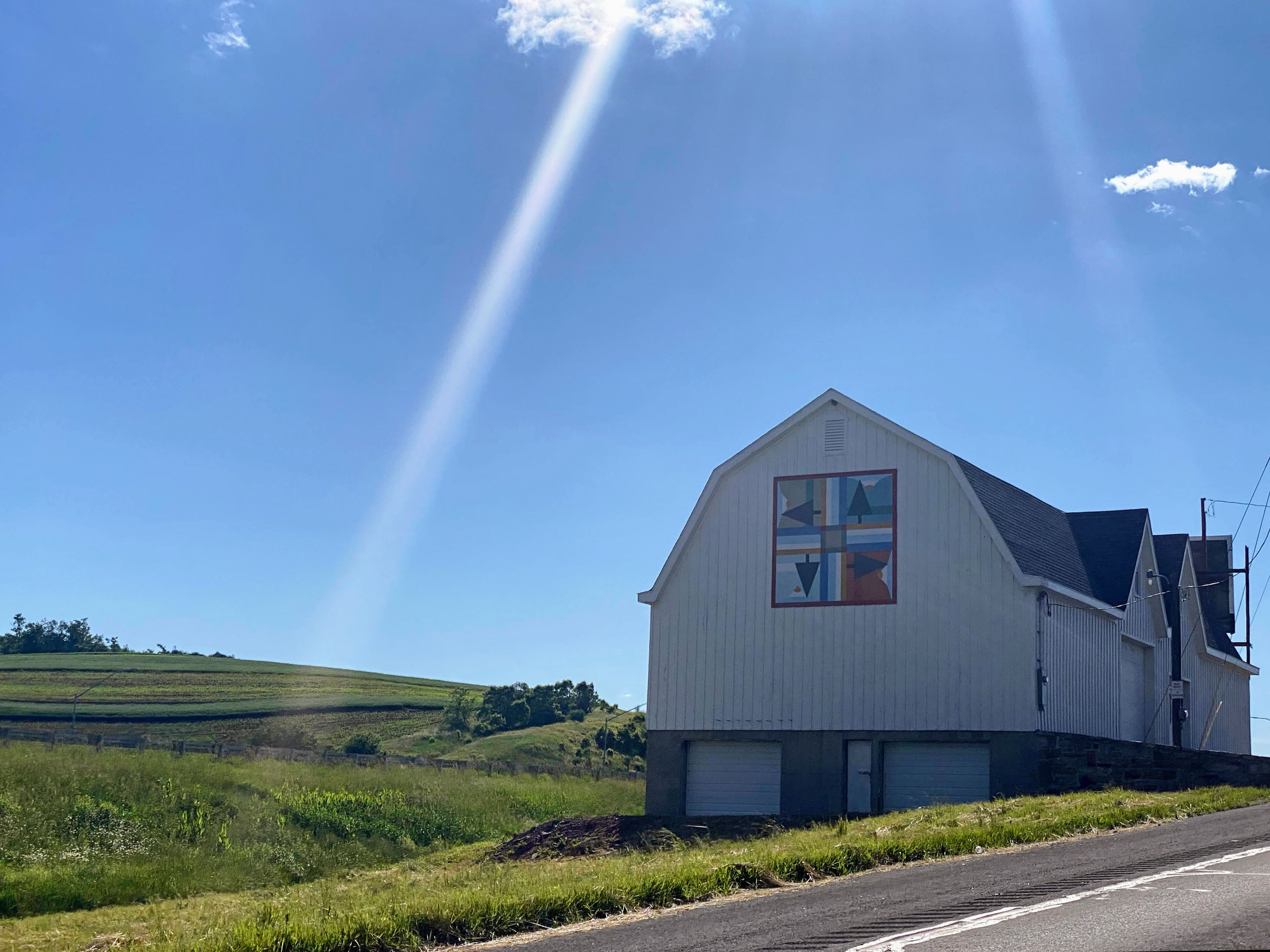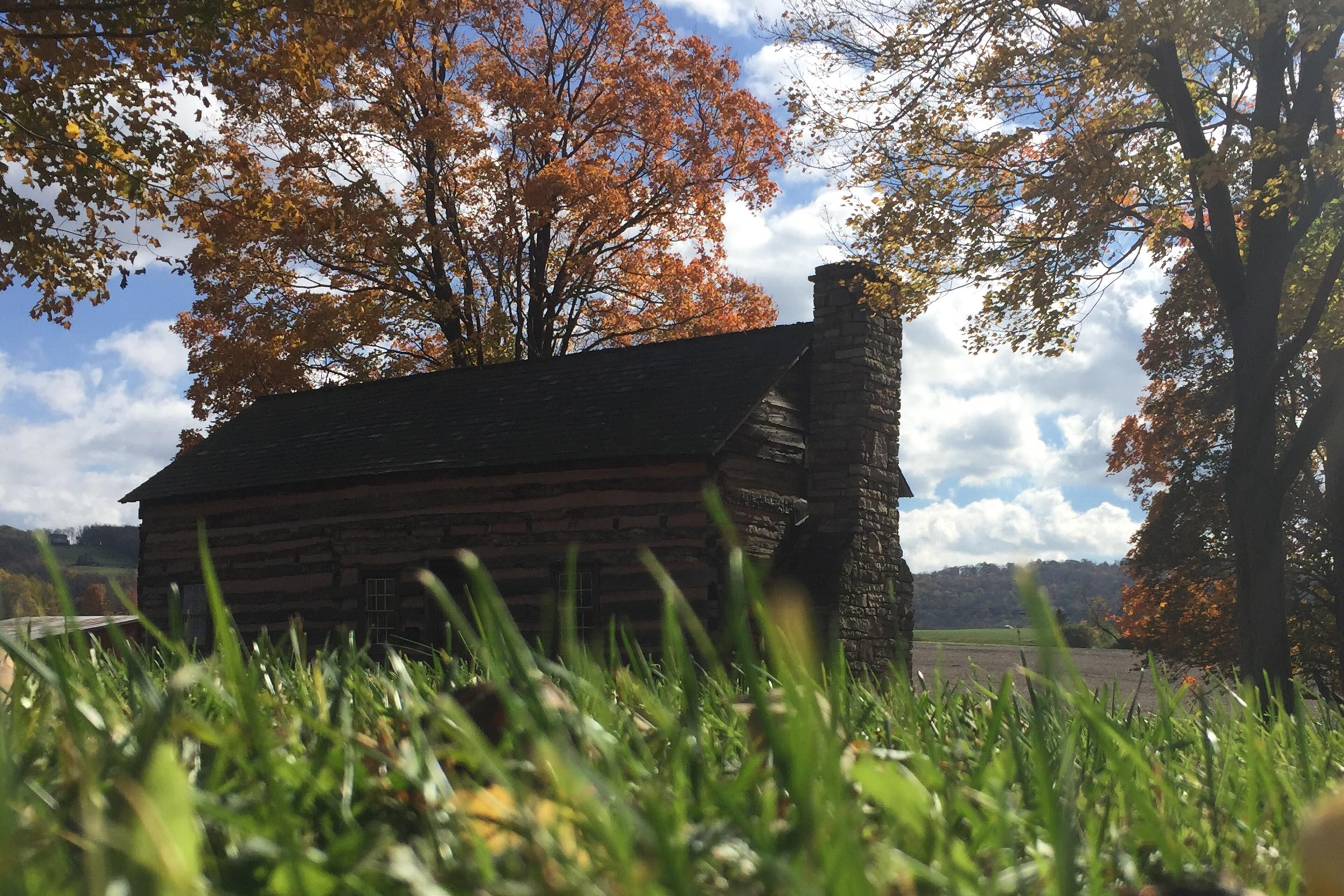- Be familiar with the winter storm warning messages
- Service snow removal equipment and have rock salt on hand to melt ice on walkways and kitty litter to generate temporary traction
- Make sure you have sufficient heating fuel; regular fuel sources may be cut off.
- Install and check smoke detectors
-
Winterize your home:
- Insulate walls and attic
- Caulk and weather strip doors and windows.
- Install storm windows or cover windows with plastic from the inside.
-
Have safe emergency heating equipment available:
- Fireplace with ample supply of wood.
- Small, well vented wood, coal or camp stove with fuel.
- Portable space heaters or kerosene heaters
32 Outfitter Way, McHenry, Maryland 21541
Department of Emergency Management
- Overview
- Planning
- Emergency Services Board
- Volunteer Award Program
- Safety Tips
- Garrett County Government
- Citizen Connect
-
Commissioners
- Overview
- Administration
- Boards & Committees
- Public Information
- Legal
- Financials
- Procurement
- Elections
-
Public Safety & Legal
- Register of Wills
- Circuit Court
- 911
- Police
- Crime Solvers
- Public Safety
- Animal Control
-
Public Works & Services
- Trash
- Water & Sewer
- Transportation
- Community Development
- Online Services
- Procurement
-
Licensing & Regulatory
- Regulatory Agencies
- Regulatory Boards
- Construction & Land Permitting Actions
- Construction & Land Permitting Information
- Business Licenses
- Animal Control
- Other Annual Permits
- All Departments


The Yough in Friendsville, MD 

Mountain Lake Park, Maryland 

- Overview
- Planning
- Emergency Services Board
- Volunteer Award Program
- Safety Tips
